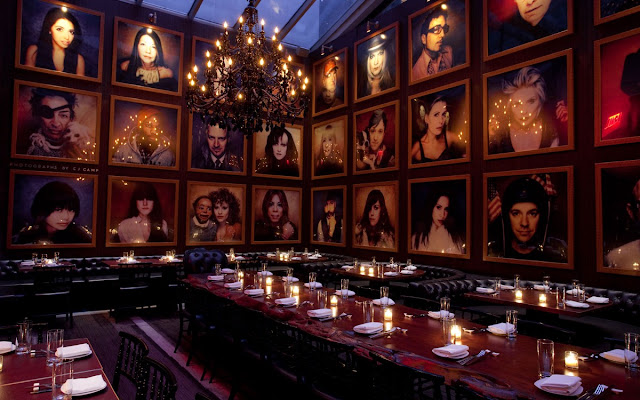In recent years there has been a lot of talk about boutique hotels. In almost all of the developed world, they spring up like mushrooms. In fact, many historic buildings, after being restored or reconstructed, maintaining however the aura of their time, are christened as historic boutique hotels.
Which hotels are classified as boutique
Boutique hotels must meet certain specifications. First of all, they have a distinctive concept, a unique identity (e.g. special architecture or theme). For example, there are boutique hotels with a central theme of wine, sports, fashion, arts, music, etc. The notion that they are targeting exclusively at affluent customers is a myth.
Second, they stimulate the senses of the visitor who often enjoys customized services in a warm and friendly environment (special emphasis is placed on food and drink, with the creation of excellent restaurants and bars).
Third, they have a relatively limited number of rooms (often with different themes), ranging from 10 to 100 rooms (with an average of around 60).
Who coined the term?
The term "boutique hotel" was born in the mid-1980s. However, as early as the beginning of the decade, the first hotels that met the standards had appeared, in San Francisco, New York and London.
Then American businessman Steven Rubell, co-owner of the legendary Studio 54 in New York, compared the Morgans Hotel (it opened its doors in 1984), which he owned with his partner Ian Schrager, with more massive accommodation, saying that "it is like a boutique opposite a department store ".
Related: History of Hilton Hotels
As he characteristically stated in the press of the time: "Hotels are like department stores. They are trying to be all things to all people. This is different, It's like a boutique. ''
The Morgans Hotel, the first to bear the name "boutique hotel", was the answer to the large and impersonal hotels of the time, which then dominated in the field of hospitality. Thanks to its exceptional aesthetics and excellent level of service, Morgans has managed to attract a "sophisticated" customer base and effectively lay the groundwork for the establishment of boutique hotels - today, even large chains have created their own branded boutique hotels.
John Protopapadakis is a marketing and customer service expert. He is a professor, an author (has written 20 business books so far) and a seminar instructor.


